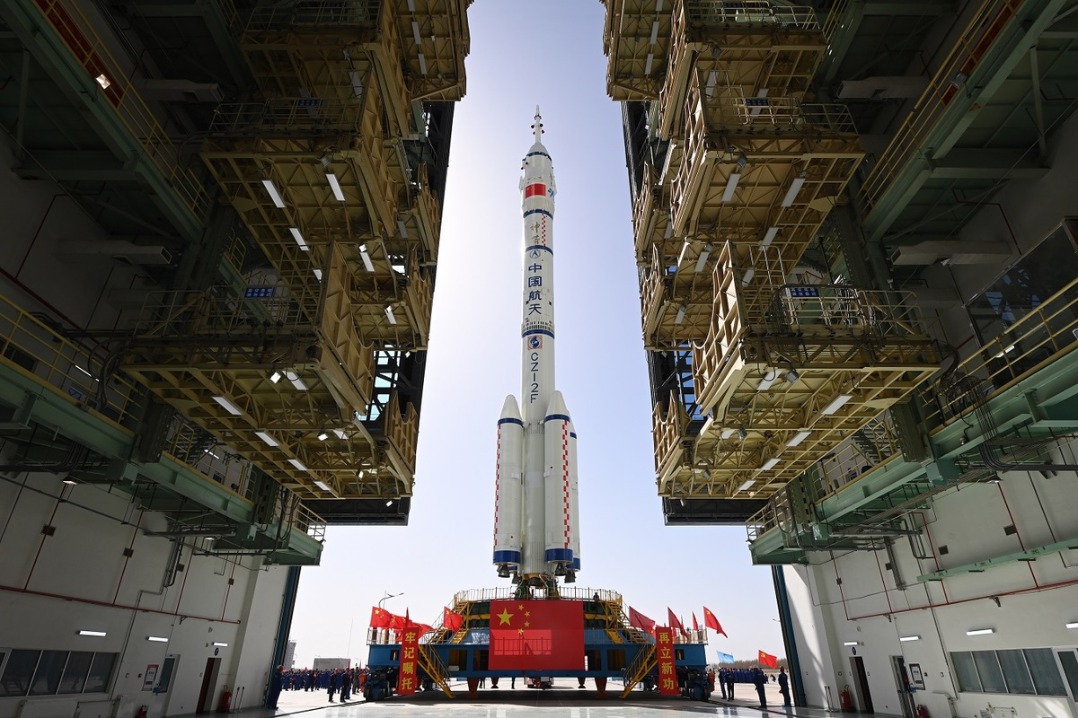The secret to China's technology edge: Team leadership


The emergence of the Great Bay linking Hong Kong, Shenzhen and Macao into a center for technology and artificial intelligence development has taken many by surprise. Will it be the next Silicon Valley on a scale far greater than imaginable in Palo Alto? The question everyone asks is how can China become a technology giant when its education system fosters group collective collaboration as opposed to the ego-driven "I" culture of Silicon Valley? Are the "me first only" values of manifest competitiveness heralded in American education really the secrets behind technology innovation?
Certainly China's technology breakthroughs have been unexpected. This may have something to do with China's counterintuitive management approaches that are not understood in a Western work or education environment. Is it possible that innovation comes from collective purpose and collaboration rather than divisive competition? And the harder question: Is it possible that China's team approach to management allows more agile market responses and integrative approaches to technology development?
"Many younger, bright leaders are rising," explains leadership guru Douglas Gerber who recently wrote leadership best-seller Team Quotient, which measures the current and future state of the team, and offers diagnostic approaches to effective team leadership. "The challenge for China's management today in an era of accelerated technology advancement is that technology geeks may be brilliant, but they are not natural leaders," notes Gerber. "So that's where the concept of team management kicks in. Due to its team culture, the Team Quotient or TQ approach is very effective in China."
China succeeds through team leadership rather than individual ego. Gerber observes, "We found that when you measure and work with a team, it takes between one to two years for it to achieve synergy and integrative capacity, therefore TQ is essential."
Team Quotient studies have shown that several things start to happen after this one- to two-year threshold. Firstly, high performance kicks in. This is evidenced through superior performance, from results from output, and from creativity to financial results. Secondly, high engagement scores arise, meaning in short that people are increasingly motivated. Thirdly, return on investment is better assured because investing in the team is less risky than the individual. The improved results will justify the investment in the team many times over.
A Silicon Valley celebrity CEO may shoot off angry tweets, resulting in a drop in the company's share price. That won't happen with a high-powered talented team approach, mitigating the loss from an individual leaving, or a leader going on an emotional rampage, as some overly wired Silicon Valley CEOs have been known to do.
"The Alpha leader approach that characterized Chinese management in past decades is shifting," explains Gerber. "Chinese leaders today are less likely to seek accolades for themselves, but rather for their team." Leaders are focused on team leadership, not standing out as the individual hogging the team's success for oneself, as with some celebrity CEOs in the West. In the case of Chinese management, the leaders win by standing behind the team and being the force or motivation that guides the team to success, rather than standing in front of the team and seeking credit for themselves."
Maybe it is time to break all the stereotypes. Gerber observes, "Chinese managers want success. They want to be successful as a team for their company, not just for themselves. It is the collective team spirit and drive for success that excites them and gets their juices moving."
Culturally, China's team approach juxtaposes sharply against the Silicon Valley CEO celebrity media cults. Chinese CEOs are low-key, almost self-effacing, more interested in results than accolades. Contrast that with America's electric vehicle (EV) industry in which there is only one name -- Elon Musk, CEO of Tesla, who is the only person the media talks about when discussing electric vehicles. Paradoxically, today China sees much bigger domestic sales in electric vehicles, and is forecast to soon be the leader globally in EVs. However, you rarely hear about Chinese EV CEOs as celebrities, but rather their companies. The implication is that instead of focusing on the ego – the "I" culture of Silicon Valley, Chinese leaders are on focusing on the teams that make it happen.
China will lead EV technology in a few years and the statistics are revealing. At the end of 2017, China had the largest fleet of electric vehicles with over 1.2 million units, having overtaken both the US and Europe in terms of cumulative sales the year before in 2016. China has been the world's best-selling plug-in electric car market for three years running since 2015 with annual sales of more than 207,000 plug-in passenger cars in 2015 and 320,000 in 2016 and record sales of 600,000 passenger electric vehicles in 2017, which accounted for half of the global EV sales that year. China has over 20 EV manufacturers, many of them relatively new in the auto industry. So how have they been able to run circles around Tesla?
While models like Tesla may offer prototypes, adapting aspects of the Tesla success and making it relevant to China's market needs, road conditions and social behavioral patterns is not stealing technology but advancing it. Maybe it is due to the collective drive of their R&D and team leadership, rather than a company being built around an individual whose temperament, whims and Twitter outbursts can send markets on a rocket trajectory, or jitter them into collapse. Team leadership has been proven to create a more sustainable and successful future.
Western classic automotive manufacturers like GM, VW, Daimler and BMW are also trying to hype the Tesla model and come out with their own versions for the EV market. Actually it is a huge challenge for them to embrace this market, because their whole industry is based on old technology and management approaches. In China many of the EV companies are startups with youthful management and a fresh management approach, not encumbered by the old mentality. "Chinese are not just taking others technology," explains Gerber, "Actually they are creating new companies around new concepts."
This is all about the collective mobilization around a vision, with everyone working together in synergy for the ultimate success of that vision.
The ability to execute rapidly is not about an individual making all the decisions, rather about changing that focus to enablers, allowing individuals on the team to accelerate and lead their sub teams to success. This team approach enables innovation and speed, the two elements of the secret formula behind China's enterprise and technology success. Firstly, you only get there when people work together. Secondly, that requires team leadership.
Laurence Brahm is the founding director of the Himalayan Consensus and a senior international fellow at the Center for China and Globalization.
The opinions expressed here are those of the writer and do not necessarily represent the views of China Daily and China Daily website.


































